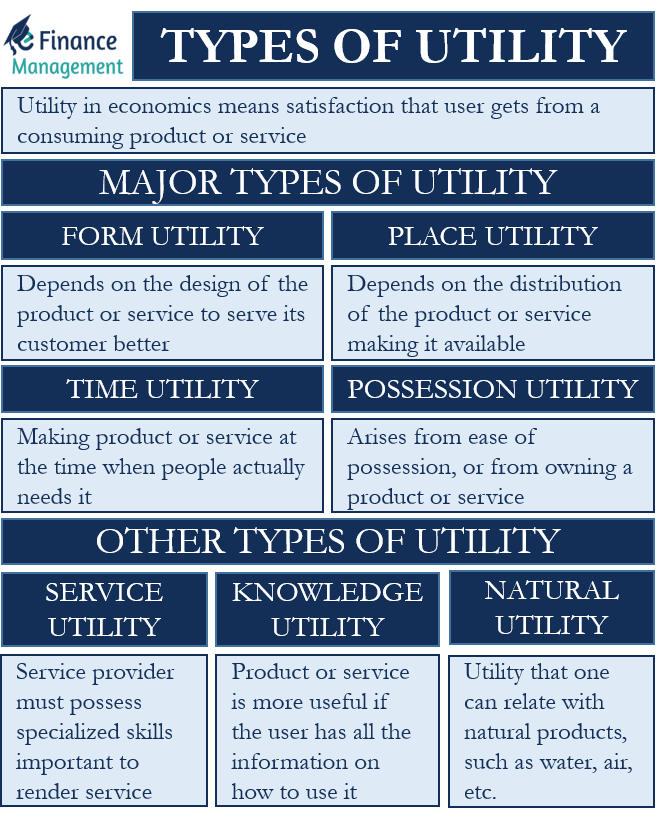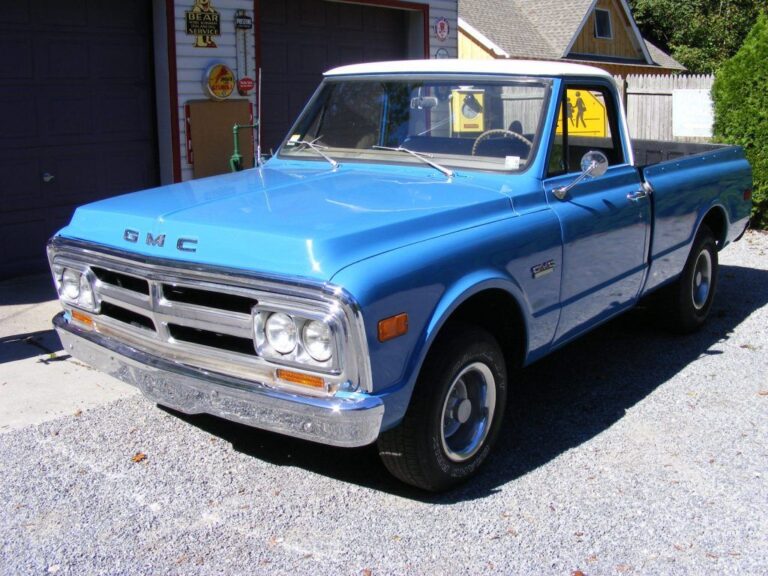Fair Market Value Of A Dump Truck: A Comprehensive Guide
Fair Market Value Of A Dump Truck: A Comprehensive Guide cars.truckstrend.com
The hum of a powerful engine, the sturdy frame, and the colossal capacity to move mountains of material – a dump truck is an indispensable asset in the construction, mining, and waste management industries. Whether you’re a seasoned contractor looking to expand your fleet, a budding entrepreneur starting a new venture, or an individual selling off an aging workhorse, understanding the Fair Market Value (FMV) of a dump truck is paramount. It’s not just a number; it’s a critical factor influencing purchasing decisions, financing options, insurance coverage, and even tax liabilities.
Fair Market Value (FMV) can be defined as the price at which a property would change hands between a willing buyer and a willing seller, neither being under any compulsion to buy or to sell, and both having reasonable knowledge of relevant facts. For a dump truck, this means pinpointing its worth in a dynamic commercial vehicle market, taking into account a myriad of factors that contribute to its utility, reliability, and potential lifespan. This comprehensive guide will delve into the complexities of dump truck valuation, providing you with the insights and tools to navigate this crucial aspect of heavy equipment ownership.
Fair Market Value Of A Dump Truck: A Comprehensive Guide
Factors Influencing a Dump Truck’s Fair Market Value
Determining the FMV of a dump truck is far from a simple calculation. It involves a nuanced assessment of various tangible and intangible elements. Each factor plays a significant role in shaping the truck’s appeal and, consequently, its price tag.
- Age and Mileage: Like any vehicle, age and mileage are primary depreciation drivers. Newer trucks with lower mileage command higher prices, reflecting less wear and tear and a longer expected service life. However, for dump trucks, "mileage" often takes a backseat to "engine hours" if the truck spends significant time idling or operating PTO (Power Take-Off) driven equipment.
- Condition (Mechanical & Cosmetic): This is perhaps the most critical factor.
- Mechanical Condition: The health of the engine, transmission, axles, brakes, hydraulics (for the dump bed), suspension, and tires directly impacts the truck’s operational reliability and safety. A well-maintained truck with detailed service records will always fetch a better price.
- Cosmetic Condition: While a dump truck is a work vehicle, excessive rust, dents, a heavily worn interior, or a faded paint job can signal neglect and reduce perceived value. A clean, well-presented truck instills confidence.

- Make and Model: Reputable manufacturers known for durability, reliability, and readily available parts (e.g., Peterbilt, Kenworth, Freightliner, Mack, Volvo, Western Star, International) generally hold their value better than lesser-known brands. Specific models within these brands might also have different demand levels based on their reputation for performance or fuel efficiency.
- Engine and Transmission Specifications: The horsepower, torque, and type of engine (e.g., Cummins, Detroit Diesel, PACCAR, Volvo, Mack) are crucial for heavy hauling. Similarly, the transmission type (manual vs. automatic, number of gears) impacts performance and driver comfort. More powerful, fuel-efficient, and robust powertrains are more desirable.
- Axle Configuration and GVWR (Gross Vehicle Weight Rating):
- Axle Configuration: Tandem axles (most common), tri-axles, or even quad-axles significantly impact payload capacity and legal weight limits, directly affecting the truck’s utility for specific jobs.
- GVWR: A higher GVWR indicates greater hauling capacity, making the truck suitable for heavier loads and potentially more diverse projects.

- Dump Body Type and Features: The material (steel, aluminum), capacity (cubic yards), and specific features of the dump body (e.g., heated beds for asphalt, high-lift gates, spreaders, asphalt aprons, specialized liners) can significantly influence value based on specialized applications.
- Specialized Equipment and Technology: Features like onboard scales, GPS tracking, advanced safety systems, automated tarping systems, air-ride suspensions, or custom attachments add value.
- Market Demand and Economic Conditions: The overall health of the construction industry, infrastructure spending, fuel prices, and regional economic activity directly impact the demand for dump trucks. High demand generally leads to higher prices.
- Location: Regional differences in demand, climate (e.g., rust in snowy regions), and available inventory can cause price variations. Shipping costs for heavy equipment can also be substantial, influencing local pricing.
- Emissions Standards: Older trucks that don’t meet current emissions standards (e.g., EPA 2007, 2010, 2013, 2017 compliant engines with DEF systems) may be subject to restrictions or higher operating costs in certain areas, affecting their value.

Methods for Determining Fair Market Value
With so many variables, how does one actually pinpoint the FMV? Several reliable methods can be employed, often in combination, to arrive at an accurate valuation.
- Online Marketplaces and Listing Sites: Websites like TruckPaper.com, CommercialTruckTrader.com, MyLittleSalesman.com, and IronPlanet.com (for auctions) are treasure troves of information. Search for dump trucks similar in make, model, year, mileage, and features. This provides a real-time snapshot of asking prices in the market. Remember, asking prices aren’t always selling prices, but they offer a strong starting point.
- Dealership Appraisals: Commercial truck dealerships often provide appraisals, especially if you’re looking to trade in your truck or purchase a new one from them. While convenient, their offer might be lower than the true FMV, as they need to account for reconditioning costs and profit margins.
- Professional Appraisers: For high-value, specialized, or unique dump trucks, a certified heavy equipment appraiser can provide a detailed, unbiased valuation report. These reports are often required for financing, insurance claims, or legal disputes.
- Auction Results: Auction houses like Ritchie Bros. Auctioneers, IronPlanet, and other regional heavy equipment auctions provide excellent data on actual selling prices. Unlike listed prices, auction results reflect what buyers are willing to pay at a specific moment. Many auction sites provide free access to past sale results.
- Industry Guides and Blue Books: Resources like the NADA Commercial Truck Guide (National Automobile Dealers Association) offer comprehensive pricing data based on various configurations and conditions. These guides are widely used by lenders and insurance companies.
Practical Advice for Buyers
Knowing the FMV empowers you as a buyer. Here’s how to leverage this knowledge:
- Do Your Homework: Before even looking at trucks, research common issues for specific makes/models and their typical maintenance schedules.
- Inspect Thoroughly: Beyond a visual check, consider hiring an independent mechanic specializing in heavy trucks to perform a pre-purchase inspection. Check for frame damage, excessive rust, leaks, and component wear.
- Demand Records: Request complete maintenance and service records. A well-documented history indicates proper care and helps predict future expenses.
- Test Drive: Operate the truck under conditions similar to how you’d use it. Listen for unusual noises, check brake performance, and test the dump mechanism.
- Negotiate Wisely: Armed with comparable FMV data and inspection findings, you have leverage. Highlight any deficiencies to justify a lower offer. Don’t be afraid to walk away if the price isn’t right for the condition.
- Factor in Hidden Costs: Remember to budget for taxes, registration, insurance, and potential immediate repairs or upgrades.
Practical Advice for Sellers
If you’re selling a dump truck, presenting it effectively and pricing it competitively based on FMV is key to a swift and profitable sale:
- Prepare Your Truck: Clean it thoroughly, inside and out. Address minor repairs (e.g., fixing lights, repairing small dents, servicing fluids) that can significantly boost perceived value. A well-maintained appearance suggests a well-maintained machine.
- Gather Documentation: Compile all service records, maintenance logs, and original manuals. This builds trust and demonstrates the truck’s history.
- High-Quality Photos and Video: Take clear, well-lit photos from multiple angles, including the interior, engine bay, tires, and dump bed. A short video demonstrating the dump function can also be very effective.
- Highlight Unique Features: If your truck has specialized equipment, recent upgrades, or a unique configuration, emphasize these in your listing.
- Price Competitively: Use the methods outlined above to determine a realistic asking price. Be prepared to negotiate, but don’t undervalue your asset. Price slightly above your desired selling price to allow for negotiation.
- Market Broadly: List your truck on multiple online platforms and consider local advertising.
Challenges in Determining FMV
While the methods described are robust, determining the FMV of a dump truck can present unique challenges:
- Highly Customized Configurations: Dump trucks are often customized for specific applications, making direct comparisons difficult.
- Limited Comparable Sales Data: For very niche or older models, finding recent sales of truly comparable trucks can be challenging.
- Rapid Depreciation and Technological Change: New emissions standards and advancements can quickly devalue older models or those without updated technology.
- Market Volatility: Economic shifts, changes in commodity prices, or large-scale infrastructure projects can cause rapid fluctuations in demand and, consequently, FMV.
- Condition Subjectivity: While professional inspections help, "condition" can still be subjective, leading to differing opinions on value.
Benefits of Knowing Fair Market Value
Understanding your dump truck’s FMV extends far beyond just buying or selling.
- Insurance: Ensures you have adequate coverage, preventing both under-insurance (leading to insufficient payout in case of loss) and over-insurance (paying unnecessary premiums).
- Financing: Lenders use FMV to determine loan amounts and collateral value. A solid appraisal can help secure better financing terms.
- Tax Purposes: FMV is crucial for calculating depreciation, sales tax, and property taxes (where applicable).
- Strategic Planning: Helps in budgeting for future fleet upgrades, evaluating the ROI of maintenance, and determining the optimal time for replacement.
- Asset Management: Provides a clear picture of your company’s assets and their worth, essential for financial reporting.
Fair Market Value of a Dump Truck: Estimated Price Ranges
It’s crucial to understand that these figures are broad estimates and the actual value will depend heavily on all the factors discussed above, particularly specific make, model, engine type, and condition. These ranges are for typical heavy-duty tandem axle dump trucks (e.g., 50,000-80,000 lbs GVWR).
| Age of Truck | Condition: Excellent (Well-maintained, low hours/miles) | Condition: Good (Operational, minor wear, average hours/miles) | Condition: Fair (Operational, significant wear, high hours/miles) | Condition: Poor (Needs major repairs, high hours/miles) |
|---|---|---|---|---|
| 1-3 Years | $120,000 – $180,000+ | $100,000 – $150,000 | $80,000 – $110,000 | $60,000 – $80,000 |
| 4-7 Years | $90,000 – $140,000 | $70,000 – $110,000 | $50,000 – $80,000 | $35,000 – $55,000 |
| 8-12 Years | $60,000 – $100,000 | $45,000 – $80,000 | $30,000 – $55,000 | $15,000 – $35,000 |
| 12+ Years | $35,000 – $70,000 (if exceptionally well-maintained) | $25,000 – $50,000 | $10,000 – $30,000 | $5,000 – $15,000 (parts/salvage value) |
Note: These ranges are illustrative and can fluctuate significantly based on brand reputation, engine type, specific features, regional market demand, and economic conditions.
Frequently Asked Questions (FAQ)
Q1: How often should I get my dump truck appraised?
A1: For general purposes, an annual review of market values is wise. For insurance renewals, major financing, or tax planning, a formal appraisal every 2-3 years, or after significant upgrades/damage, is recommended.
Q2: Does a clean title significantly impact FMV?
A2: Absolutely. A clean title (no salvage, rebuilt, or flood history) is crucial for maintaining high FMV. A branded title will significantly reduce the truck’s value and can make it harder to finance or insure.
Q3: Is it better to sell privately or to a dealership/auction?
A3: Selling privately often yields a higher price, as you cut out the middleman. However, it requires more effort (marketing, showing the truck, handling paperwork). Dealerships or auctions offer convenience and quicker sales, but typically at a lower net price.
Q4: How much does mileage/engine hours affect value for older trucks?
A4: For older trucks (10+ years), overall condition and maintenance history often trump extremely high mileage/hours. A well-maintained truck with higher hours can be more valuable than a low-hour truck that’s been neglected. However, excessive hours/miles will always be a limiting factor.
Q5: Can I increase my dump truck’s FMV?
A5: Yes. Regular preventative maintenance, addressing minor cosmetic issues, keeping detailed service records, installing popular upgrades (e.g., new tires, updated tarping system, LED lighting), and ensuring it’s clean and presentable can all positively impact its value.
Conclusion
Understanding the Fair Market Value of a dump truck is an essential skill for anyone operating within the heavy equipment industry. It’s a dynamic figure influenced by a complex interplay of mechanical integrity, market forces, and economic conditions. By diligently assessing factors like age, condition, make, model, and specialized features, and by utilizing various valuation methods, you can arrive at an accurate FMV.
Whether you’re making a strategic purchase, planning for insurance, or preparing to sell, a solid grasp of your dump truck’s worth empowers you to make informed decisions, negotiate effectively, and optimize your investment. In the world of heavy hauling, knowledge of FMV isn’t just an advantage – it’s a necessity for sustained success.






